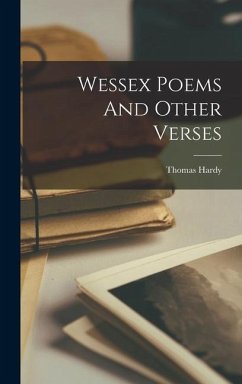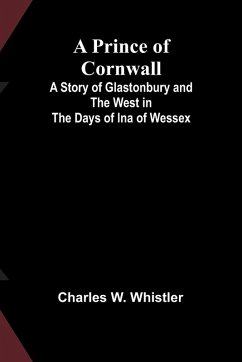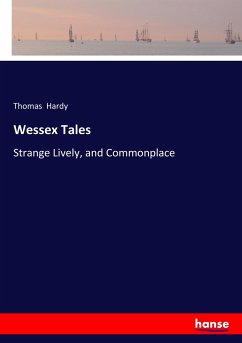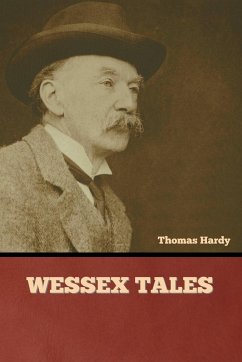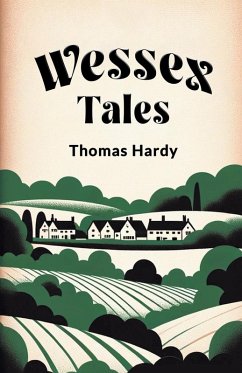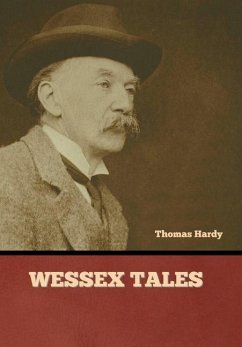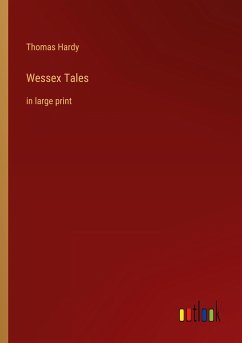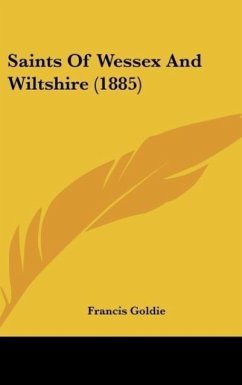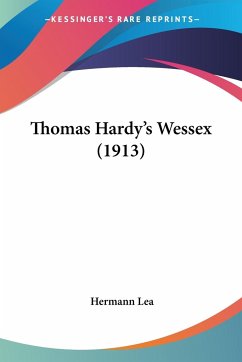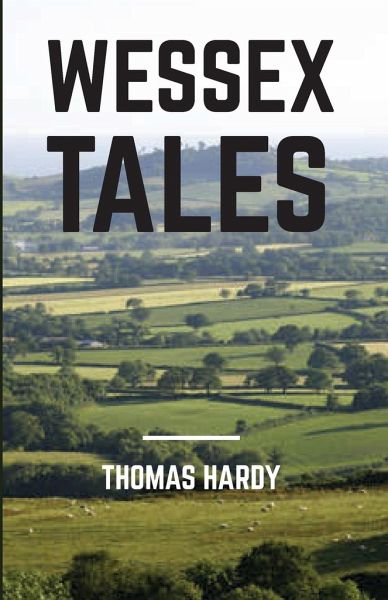
Wessex Tales
Versandkostenfrei!
Versandfertig in 1-2 Wochen
18,99 €
inkl. MwSt.

PAYBACK Punkte
9 °P sammeln!
An apology is perhaps needed for the neglect of contrast which is shown by presenting two consecutive stories of hangmen in such a small collection as the following. But in the neighbourhood of county-towns tales of executions used to form a large proportion of the local traditions; and though never personally acquainted with any chief operator at such scenes, the writer of these pages had as a boy the privilege of being on speaking terms with a man who applied for the office, and who sank into an incurable melancholy because he failed to get it, some slight mitigation of his grief being to dw...
An apology is perhaps needed for the neglect of contrast which is shown by presenting two consecutive stories of hangmen in such a small collection as the following. But in the neighbourhood of county-towns tales of executions used to form a large proportion of the local traditions; and though never personally acquainted with any chief operator at such scenes, the writer of these pages had as a boy the privilege of being on speaking terms with a man who applied for the office, and who sank into an incurable melancholy because he failed to get it, some slight mitigation of his grief being to dwell upon striking episodes in the lives of those happier ones who had held it with success and renown. His tale of disappointment used to cause some wonder why his ambition should have taken such an unfortunate form, but its nobleness was never questioned. In those days, too, there was still living an old woman who, for the cure of some eating disease, had been taken in her youth to have her 'blood turned' by a convict's corpse, in the manner described in 'The Withered Arm.' Since writing this story some years ago I have been reminded by an aged friend who knew 'Rhoda Brook' that, in relating her dream, my forgetfulness has weakened the facts our of which the tale grew. In reality it was while lying down on a hot afternoon that the incubus oppressed her and she flung it off, with the results upon the body of the original as described. To my mind the occurrence of such a vision in the daytime is more impressive than if it had happened in a midnight dream. Readers are therefore asked to correct the misrelation, which affords an instance of how our imperfect memories insensibly formalize the fresh originality of living fact-from whose shape they slowly depart, as machine-made castings depart by degrees from the sharp hand-work of the mould. CONTENTS: 1. An Imaginative Woman, 2. The Three Strangers, 3. The Withered Arm, 4. Fellow-Townsmen, 5. Interlopers at the Knap, 6. The Distracted Preacher.



